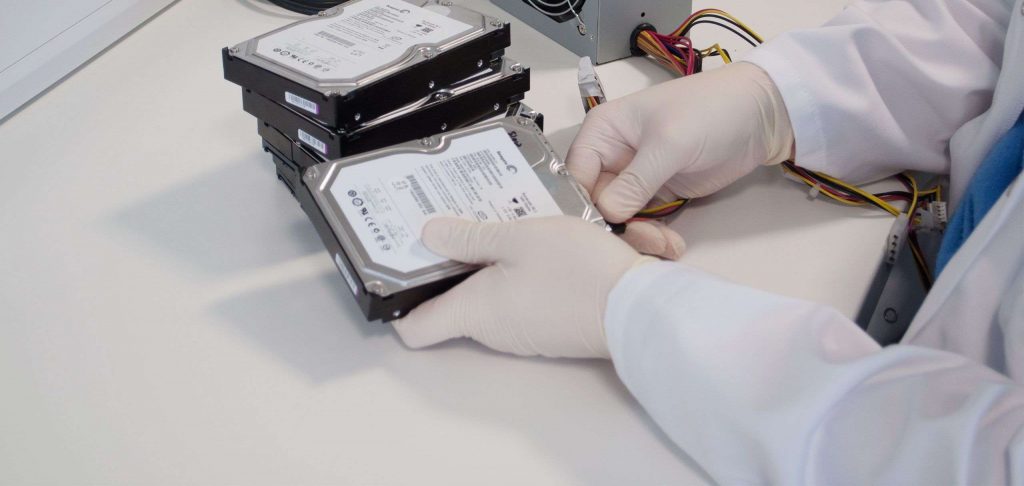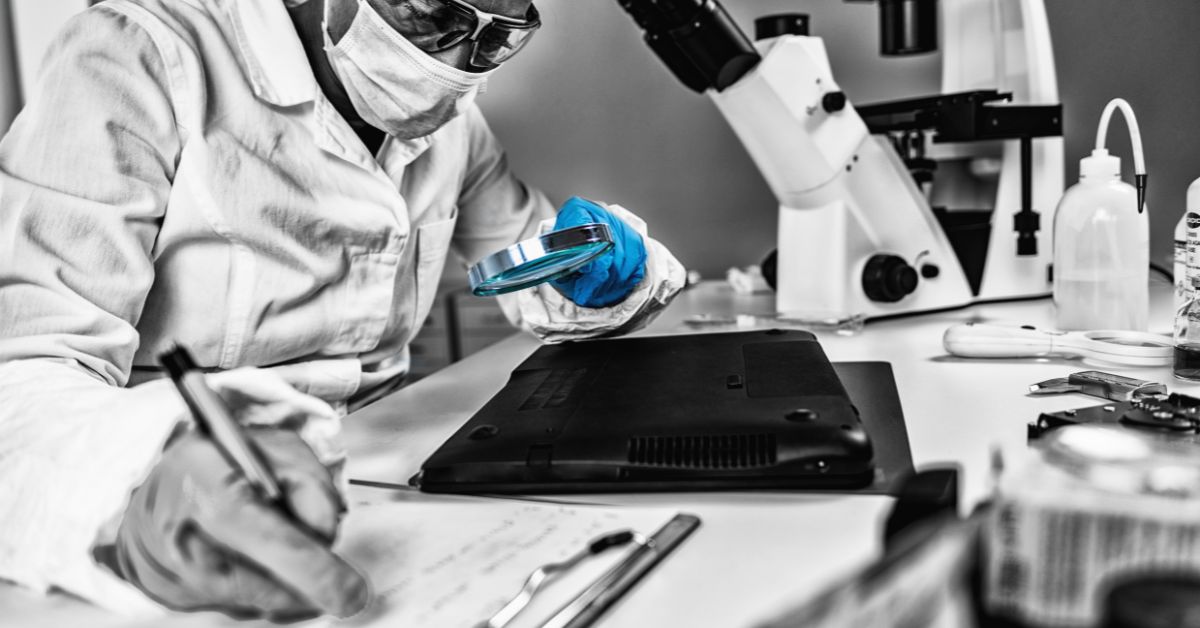Data Recovery Services presents a new offer for IT experts and laboratories in computer forensics. As the leading data rescuer in the smartphone space offers forensic labs the difficult technical prep work of evaluating Data Recovery Services on mobile devices suspected of having conclusive information in connection with investigations. Up until now, Data Recovery Services had mainly been commissioned directly by investigative authorities with forensic data recovery from hard drives and other data carriers.
Due to the omnipresence of smartphones and mobile computers, their evaluation in the criminalistic context has gained in importance. Data such as SMS and messenger messages, images and videos, call logs, movement data, GPS, connection data, etc. can be important evidence for the investigation of criminal offenses. The information required for investigations is located in the internal memory of the mobile device (UFS/EMMC chip).
The smartphone experts are using Data Recovery tools to make a sector copy of this internal memory. This “chip dump” is handed over to forensic experts including complete documentation in a form that is directly compatible with common forensic tools such as X-Ways, Cellebrite UFED, EnCase Forensic or Oxygen Forensics.

We have been working with the chip-off process for mobile end devices such as smartphones or tablets since 2010. Therefore, we have the most experience in this field in the industry and our processes enable us to create an image of the internal memory without damaging or destroying this component, which is elementary for the preservation of evidence,” explains Conrad Heinicke, project manager at Data Recovery . “As specialists in data recovery, we can in many cases provide the forensic experts with usable data even if the device was accidentally or intentionally destroyed.”
“Forensic data recovery has been an important part of our service offering since we recovered data from an investigator’s damaged hard drive in the trial of serial killer Paul Bernardo in 1994,” recalled Bill Margeson, founder and CEO of Data Recovery Technologies in Canada. “The principle of never working on the affected data medium, but always with a forensic data image, has since that time also been a process feature of every professional data recovery outside of forensic support.
Our laboratory Data Recovery has an outstanding position in further developing the methods for obtaining such a forensic copy of flash memory chips – even under the most adverse conditions .”
See More : https://hillsborofordmercury.com/





